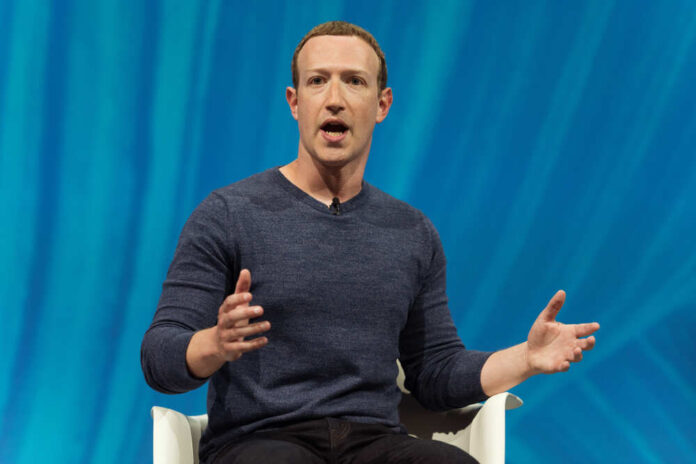
Mark Zuckerberg urges President-elect Trump to confront EU’s $30 billion in tech fines, calling them a “de facto tariff” on US companies.
At a Glance
- Zuckerberg calls for US government intervention against EU tech company fines
- Meta CEO criticizes EU regulations as “censorship” and harmful to US interests
- Zuckerberg expresses optimism about Trump’s presidency and desire for American success
- Meta announces end of third-party fact-checking program and DEI initiatives
Zuckerberg’s Appeal to Trump: Protect US Tech from EU Fines
In a bold move that signals a shift in Silicon Valley’s approach to government relations, Meta CEO Mark Zuckerberg has called on President-elect Donald Trump to address the European Union’s mounting fines against US technology companies. Speaking on The Joe Rogan Experience podcast, Zuckerberg highlighted the over $30 billion in penalties imposed by the EU on American tech giants over the past two decades, characterizing these fines as a significant threat to US economic interests.
Zuckerberg’s critique of EU regulations extends beyond mere financial concerns. He labeled the EU’s approach as “censorship,” drawing connections to controversial events such as the handling of information during the Covid-19 pandemic and Brexit. This characterization aligns with the views of many conservative Americans who have long been skeptical of European regulatory overreach.
A Strategic Shift for Meta and US Tech
The Meta CEO’s appeal to Trump represents a strategic pivot for the tech industry. Zuckerberg emphasized the importance of strong American companies on the global stage, suggesting that defending these corporations should be a key component of US foreign policy. His comments reflect a growing frustration with what many in Silicon Valley see as the EU’s disproportionate targeting of American tech firms.
“I think it’s a strategic advantage for the United States that we have a lot of the strongest companies in the world, and I think it should be part of the U.S. strategy going forward to defend that.” – Mark Zuckerberg
This stance marks a departure from the tech industry’s traditionally cautious approach to government relations. By directly appealing to Trump, Zuckerberg is signaling a willingness to engage more assertively with political leadership to protect American tech interests abroad.
Meta’s Policy Changes: Aligning with a New Political Reality
Coinciding with Zuckerberg’s call to action, Meta has announced significant policy changes that seem to align with the anticipated priorities of the incoming Trump administration. The company revealed plans to end its third-party fact-checking program, moving instead to a community notes model similar to that used by X (formerly Twitter). This shift away from centralized fact-checking has been welcomed by conservatives who have long criticized such practices as biased.
Additionally, Meta has decided to terminate its diversity, equity, and inclusion (DEI) programs. The company cited changes in the legal and policy landscape as the reason for this move, which aligns with conservative critiques of DEI initiatives in corporate America.
Optimism for Trump’s Presidency
Zuckerberg’s outreach to Trump is not merely tactical; the Meta CEO expressed genuine optimism about the incoming administration’s potential impact on the tech industry. He praised Trump’s focus on American success, suggesting that this attitude could lead to more robust defense of US companies against foreign regulatory pressures.
“And it’s one of the things that I’m optimistic about with President Trump.” – Mark Zuckerberg
This positive outlook on Trump’s presidency marks a significant shift from the tech industry’s often-tense relationship with the previous Trump administration. It suggests that leaders like Zuckerberg are ready to work more closely with conservative leadership to address challenges facing American tech companies on the global stage.
Looking Ahead: The Future of US-EU Tech Relations
As the US prepares for a potential shift in its approach to international tech regulation under a new Trump administration, the implications for US-EU relations in this sector remain uncertain. Zuckerberg’s call for government intervention against EU fines could signal the beginning of a more confrontational stance from American tech giants. This approach, if adopted by the incoming administration, might lead to increased tensions between the US and EU over digital policy and regulation.
For American tech companies and their supporters, the hope is that a more assertive US government stance will level the playing field and protect American innovation from what they see as unfair European regulatory practices. As this situation develops, it will be crucial to watch how the EU responds and whether this new dynamic leads to a recalibration of global tech governance or a deepening of transatlantic divides in the digital realm.














